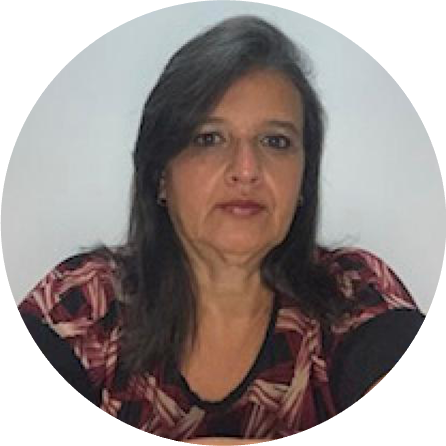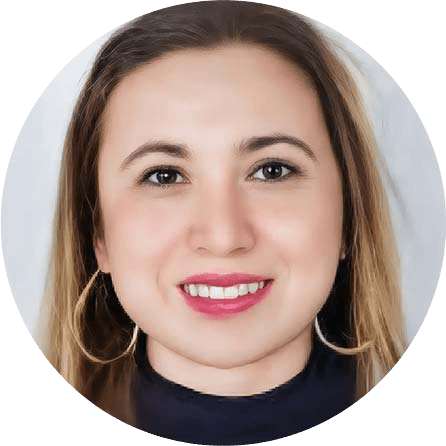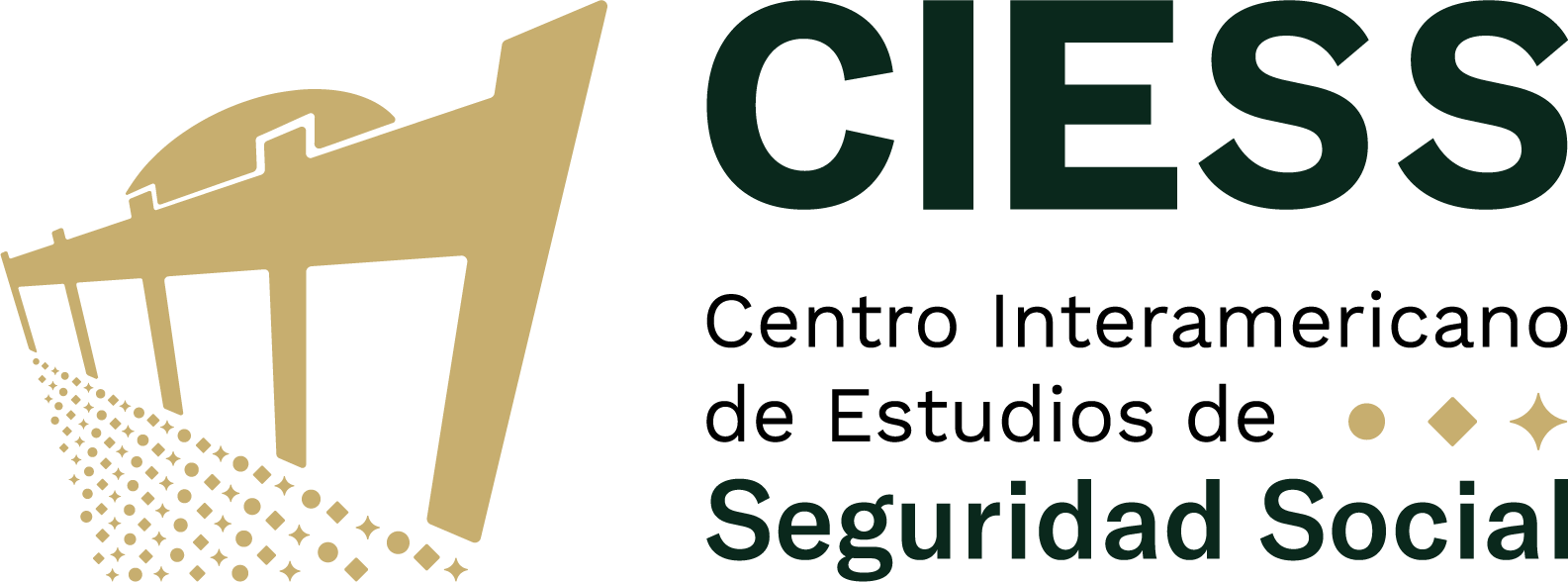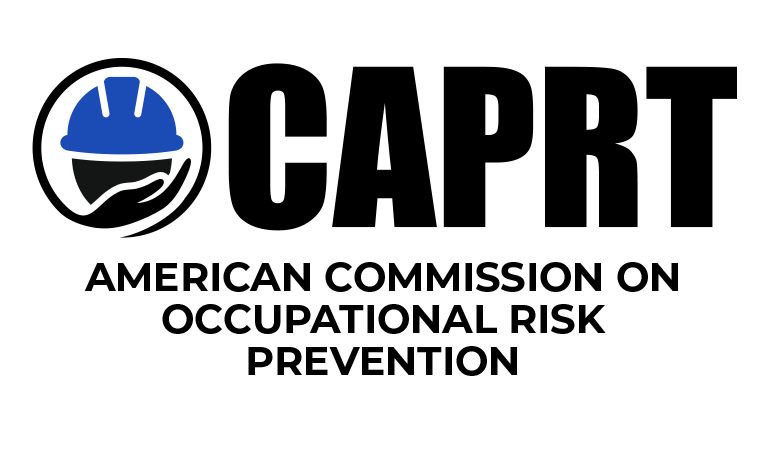WEBINAR
Good management practices for a safe & healthy work environment.
World Day for Safety and Health at Work, April 28th
Background:
Background:
A safe and healthy workplace approach continues to change hand in hand with the organizational company tendencies, and their most important asset, “the employee”, where employees health impact in countries economy is comprised.
Workplaces are important for health promotion with a comprehensive individual and collective vision that has a biological, social, and psychological scope. This is translated into occupational health, which focuses on the promotion of OSH prevention that go beyond the OSH factors encountered in the workplace, which impacts, even, those no work-related activities. Nowadays there is a growth in programmes on healthy lifestyles, as well as in those that tend to identify the damage derived from safety and hygiene, ergonomic and psychosocial risk factors through the legal approach on safety and health at work.
In the context of advances in Occupational Safety & Health (OSH), there are trends towards the development and updating of policies on the matter within the framework of worker’s rights, gender perspective, disability, and age. Similarly, in the quality of preventive actions, an occupational risk management model is required that strengthens Inspection and guarantees of social protection when prevention has failed. An Occupational Safety & Health management system is increasingly demanding, its compliance result in a challenge for countries that are developing a preventive culture to transfer knowledge to micro and small businesses.
This webinar is dedicated to the World Day for Safety and Health at Work – April 28th. Its objective is to disseminate good practices and trends in the field of OSH, considering gender awareness, age, and disability to guarantee adequate preventive management for safe & healthy work environments.
A safe and healthy workplace approach continues to change hand in hand with the organizational company tendencies, and their most important asset, “the employee”, where employees health impact in countries economy is comprised.
Workplaces are important for health promotion with a comprehensive individual and collective vision that has a biological, social, and psychological scope. This is translated into occupational health, which focuses on the promotion of OSH prevention that go beyond the OSH factors encountered in the workplace, which impacts, even, those no work-related activities.
[expand title=”Read more”]
Nowadays there is a growth in programmes on healthy lifestyles, as well as in those that tend to identify the damage derived from safety and hygiene, ergonomic and psychosocial risk factors through the legal approach on safety and health at work.
In the context of advances in Occupational Safety & Health (OSH), there are trends towards the development and updating of policies on the matter within the framework of worker’s rights, gender perspective, disability, and age. Similarly, in the quality of preventive actions, an occupational risk management model is required that strengthens Inspection and guarantees of social protection when prevention has failed. An Occupational Safety & Health management system is increasingly demanding, its compliance result in a challenge for countries that are developing a preventive culture to transfer knowledge to micro and small businesses.
This webinar is dedicated to the World Day for Safety and Health at Work – April 28th. Its objective is to disseminate good practices and trends in the field of OSH, considering gender awareness, age, and disability to guarantee adequate preventive management for safe & healthy work environments.
[/expand]
Academic Activity
Date
Tuesday
April 25th
2023
Start time:
11:00 am
Mexico City Time
(UTC -5)
Zoom meeting
English – Spanish
simultaneous interpretation available.
Starts at:
Objective:
Objective:
Discuss good practices on a preventive management system for safe & healthy work environments.
Discuss good practices on a preventive management system for safe & healthy work environments.
Schedule
 Dr. Emilio Alfredo Carrasco González
Dr. Emilio Alfredo Carrasco González
CIESS Executive Director
11:00 to 11:10Welcome
 COORDINATION
COORDINATION
Dra. Patricia Redondo
Secretary of the American Commission for Occupational Risk Prevention.
11:10 to 11:20Greetings to the audience and TOPIC presentation.

SPEAKER Nº1
Dra. Rebeca Velasco Reyna
Mexican Institute of Social Security (IMSS) - Mexico.
[expand title="Curriculum summary"]
Surgeon graduated from the Faculty of Medicine, National Autonomous University of Mexico. She is a specialist in Occupational Medicine from the National Autonomous University of Mexico and the Mexican Social Security Institute). She holds a Master’s Degree in International Occupational Safety and Health Sciences by the Ludwig Maximilians University, Munich, Germany. Head of IMSS Occupational Health Coordination. Certified by the National Council of Occupational Medicine A.C. Professor of the Department of Public Health of the Faculty of Medicine of the National Autonomous University of Mexico, with the subject "Environment, work and health". Professor of the Occupational Health Diploma of the 06 Department of Public Health and Coordination of Occupational Health of the Continuing Medical Education Subdivision, Faculty of Medicine, UNAM. Assistant Professor of the Specialization Course in Occupational and Environmental Medicine of the Mexican Institute of Social Security. She is member of the board of directors of the National Council of Occupational Medicine A.C. in biennium 2012-2014 and 2016-2018. Examiner in different stages of the certification process from 2012-2018. Speaker and organizer in various continuing medical education activities in occupational health in national and international forums.[/expand]
11:20 to 11:50Safe and Healthy Work Environments Programme.

SPEAKER Nº2
Mtra. Marina Ortiz López
National Institute of Safety and Health at Work (INSST) – Spain.
[expand title="Curriculum summary"]
Marina Ortiz Lopez is graduated from the National Institute for Safety and Health at Work and works at the National Center for New Technologies in Madrid (Spain). She studied Psychology and hold a Master's Degree in Occupational Risk Prevention at the University of Granada. She is currently undertaking a PhD at the School of Health Sciences and is member of the HUM-196 Research Group (VALCREAC) in the same partner university.[/expand]
11:50 to 12:20Gender approach in Safety and Health Management at Work.

SPEAKER Nº3
Dr. Javier García Rivas
Inter-American Center for Social Security Studies (CIESS) - Mexico
[expand title="Curriculum summary"]
Doctor in Public Health by the University of California, Irvine Campus in the United States, and holds a Master's Degree in Organizational Psychology by the Autonomous University of the State of Morelos in Mexico. He undertook a postgraduate course at the University of California, Los Angeles (UCLA), and a Diploma in Occupational Safety & Health from the Mexican Institute of Social Security. He has 15 years of experience as a researcher in occupational health and is member of the National System of Researchers (SNI) of CONACYT (National Science and Technology Council in Mexico). He has been an undergraduate and postgraduate professor in Mexico, Peru and the United States. He has more than twenty publications in indexed scientific journals, book chapters and specialized texts. He has been a speaker at international events and a consultant on psychosocial risk factors at work. He is currently a specialist researcher at the Inter-American Center for Social Security Studies. In addition, he has been a consultant and advisor for the Pan American Health Organization and the World Health Organization on labour and health issues.[/expand]
12:20 to 12:50Psychosocial Risk Factors. Study results of the region and survey circulation to identify legislation on psychosocial risk factors.
COORDINATION
12:50 to 13:00Q&A Session.
Closure and participant satisfaction survey.



